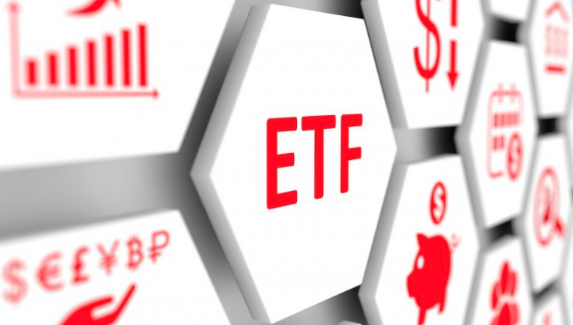Exchange Traded Funds (ETFs) are similar to mutual funds with one key difference – ETFs are listed on the stock exchange just like equity shares and can be bought and sold on the stock exchange during trading hours in real-time prices. While mutual funds’ NAVs (net asset values) are published once a day (at the end of every business day), ETF prices change in real time on the exchange. Investors can trade (intra-day or over a few days) in ETFs or invest in ETFs (hold for a longer term). Just like you can purchase just one equity share of a company, you can similarly purchase just one ETF unit on the exchange.
Types of Exchange Traded Funds
ETFs are essentially securities that derive their value from an underlying stock market index, commodity or currency. Let’s take a look at some common types of ETFs:
Index ETFs: Index ETFs are based on a broad-based stock market index such as the NSE Nifty or on a sectoral index such as a banking index, pharma index, etc. While, like equity, index ETFs are prone to stock market fluctuations, they provide investors with exposure to broad segments of the equity market.
Commodity ETFs: These ETFs have a commodity as the underlying asset, e.g. gold ETFs have gold as the underlying asset.
Debt ETFs: Debt ETFs have exposure to fixed income securities. The advantage of Debt ETFs is that they provide risk mitigating effects of debt investments with the flexibility of stock market trading and simplicity of mutual funds.
How to Buy and Sell Exchange Traded Funds
In order to start trading in ETFs, you will need:
A Trading Account: As an investor, you need to open a trading account with a broker or sub-broker who will trade on your behalf.
A Demat Account: You need to have a demat account for holding your ETF units. When you open a trading account with a broker, your broker will also help you open a demat account with a bank that offers this service or with an independent depository participant.
Your proof of identity, proof of address, bank statements, and PAN information are required to open your trading and demat accounts.
You can buy and sell ETFs either through the online trading platform of your broker or by placing your order on the phone with your broker.
While index ETFs are suitable for investors who don’t want to take exposure to specific stocks, gold ETFs are suitable for those who don’t want to buy physical gold and debt ETFs provide a good avenue for capital protection and fixed income generation. ETFs are a convenient and efficient way to reducing risk while riding the market.








